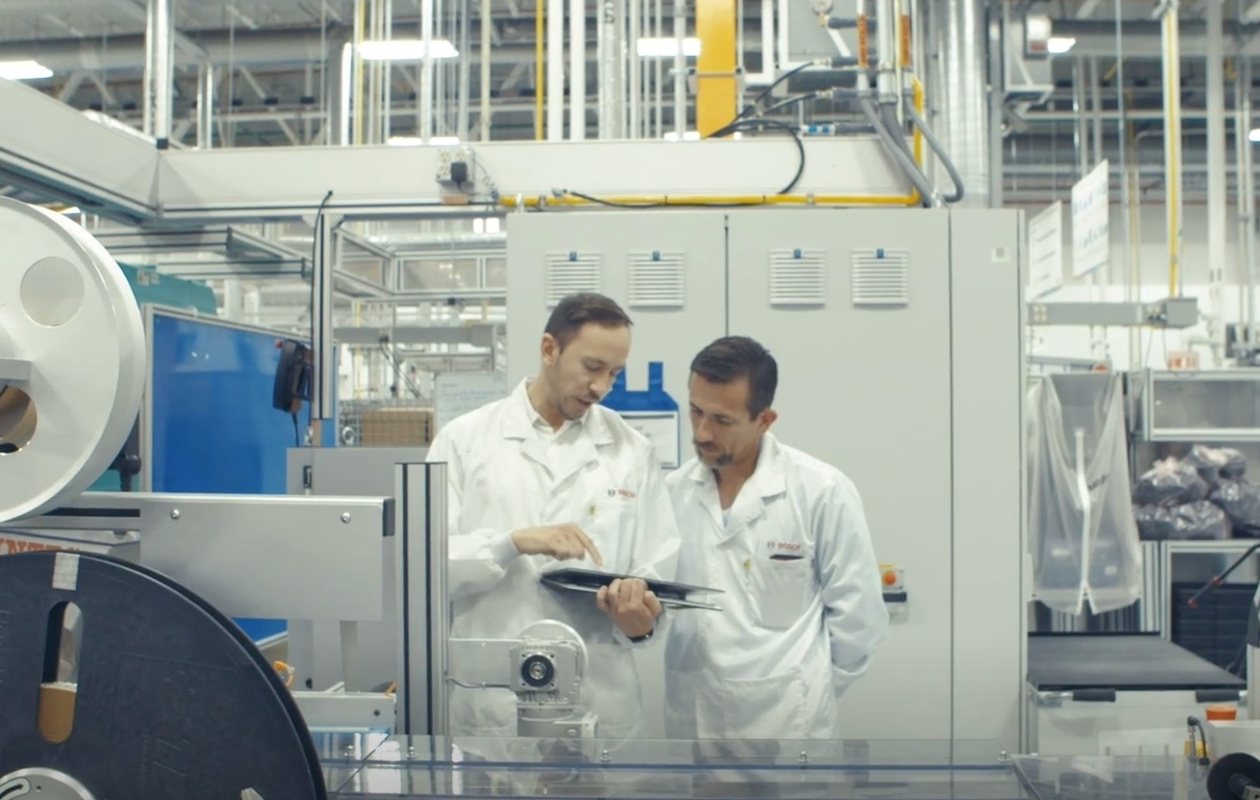Memo Asiain uses tech and data he learned from a tech incubator to work with multinational businesses. Business Insider
- The border between Ciudad Juárez, Mexico and El Paso, Texas, is a crucial manufacturing corridor where high-skilled labor is increasingly in demand.
- The Bridge Accelerator Program is an incubator for cross-border startups. It's housed in the former US consulate in Ciudad Juárez.
- People like Memo Asiain, founder of Level Up Coaching, who was part of the Bridge Accelerator program, connect manufacturers in the area and the multinational businesses they work with.
"Every time I cross, I mean every, every, every time, it doesn't matter. I always get these goosebumps. I get this feeling that every time the officer says, 'Go ahead.' It's like, I mean you get it out and say, 'OK, I still have this privilege," said Memo Asiain, who lives in one country but works in two.
Today, he's headed to his office in El Paso, Texas, from his home in Ciudad Juárez, Mexico.
Level Up Coaching, his consulting business, serves clients based all over the world, but they have one thing in common: They all own factories in Mexico. He believes that maintaining offices in both the US and Mexico is an important credential.
"Saying that I'm a bi-national company, it gives the manufacturing industry, like they kind of relax and say, 'OK, well, they're not kids playing. They do business," he said.
Asiain has taken his consulting business to the next level thanks to The Bridge Accelerator program for cross-border startups. The Bridge Accelerator gives local companies the skills they need to work with the multinational corporations that manufacture in Mexico. It's based out of a coworking space that used to house the US consulate.
"This office still holds one of the exact windows that are bulletproof where people used to sit on this side and on the other side were the US, the people that work at the consulate," said Ricardo Mora, a serial entrepreneur and founder of the Technology Hub, or T-Hub. He's being doing business along the border for nearly 30 years.
"My first business venture was a hot dog stand. I actually grew that hot dog stand to three hot dog stands, and that was my very first venture. I sold out of it. So I believe the border brought this entrepreneurship thing into my being, and that's where we saw an opportunity," said Mora.
After opening a successful chain of mobile phone stores, Mora wanted to give back by cultivating a new generation of entrepreneurs. He took a cue from Silicon Valley.
"We learned about all these incubators in different spaces that they offer, and we said, 'Well, why don't we create something that can hold our companies and also add value to other companies that want to start growing an ecosystem for our city?"
One of the Bridge Accelerator's first graduates, based in the northeast of El Paso, is already seeing an uptick in business.
Rafael Hernandez is the founder of Slined, a company that designs high-tech assembly lines. He was able to double his target sales growth in 2019 through connections he made at the Accelerator.
In the past, factories used to mostly recruit manual laborers, but as manufacturing technology has advanced, so has the need for skilled labor.
Since incubating his company at Technology Hub, Asiain has added 16 new employees and increased his sales by nearly 20-fold.
"You really connect yourself with the right people, just paying it forward instead of hoping to receive, just pay forward whatever you can, and it's going to come back," he said. "So that's the power of collaboration in the Bridge and in the ecosystem, too."
Daniel T. Allen Mar 31, 2020 Business Insider
Discover our blog:
- From the factory floor to the C-suite
- Bred for business on both sides of the border: How The Bridge Accelerator is closing the $39 billion gap in the bi-national supply chain
- The Manufacturing Industry, pillar of the borderland economy
